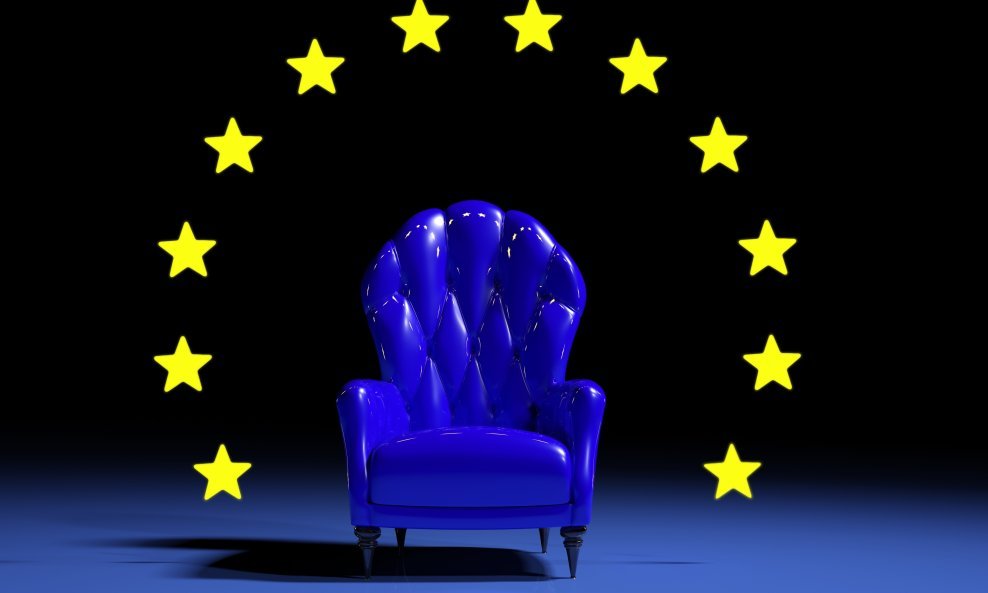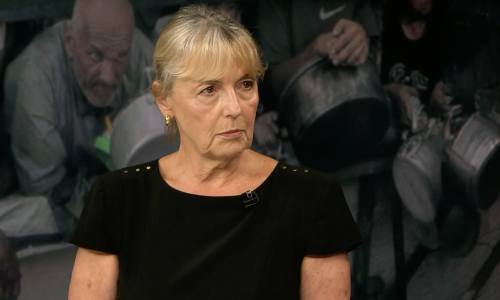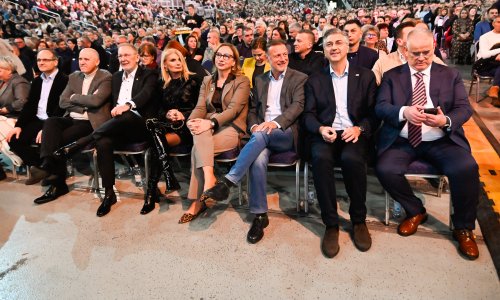In its article headlined "Slovenia threatens Croatia EU bid," the Financial Times magazine has commented on the dispute stemming from the unpaid deposits from now defunct Ljubljanska Banka to Croatian customers and on the effects of this issue on the bilateral relations between the two neighbours.
Claiming that "diplomatic sabre-rattling and political oneupmanship are all too common in the Balkans" and that "it appears that Slovenia’s latest threat to block Croatian EU membership involves plenty of both," the Financial Times recalled that "Slovenian foreign minister Karl Erjavec on Monday said that defining the parameters of a complicated banking dispute dating back to the collapse of Yugoslavia was a 'precondition' of Slovenia’s backing for Croatia’s accession, according to Ljubljana’s STA news agency."
Croatia cannot join the EU without ratification from all existing members, including neighbouring Slovenia. It is currently scheduled to join in July 2013. Will this row derail that?, the business newspaper wonders.
The countries dispute how to settle the EUR172m owed to Croatian depositors by the Slovenian-based Yugoslav-era Ljubljanska Banka, the FT wrote.
"LB was a strong brand across Yugoslavia, but as the country unravelled in the early 1990s, LB swiftly pulled out of Croatia, and gave depositors only a brief window to claim their cash. This left more than 130,000 Croatians, as well as many Bosnians, with their savings locked in Slovenia. As a result, many launched legal proceedings against LB and its legal successor, Nova Ljubljanska Banka (NLB). (Separately, NLB received a capital-boosting EUR382.9m bailout from the Slovenian government this month.)," the newspaper wrote.
"Since then, Slovenia has maintained that the dispute should be settled as part of the succession negotiations on the former Yugoslavia, overseen by the Bank of International Settlements, which aim to resolve a number of such disputes across the region. Croatia, meanwhile, insisted that the issue was a bilateral one, between a bank and its customers, and between Croatia and Slovenia," reads the article.
"In 2010, Croatia’s then right-wing government finally agreed to the BIS-brokered talks. But little progress appears to have been made, and there are reports that the new left-of-centre government in Zagreb is shifting back to its previous position. Erjavec’s statement, in Brussels, suggests that Slovenia is now willing to link the issue to Croatian EU accession."
"I personally wish Croatia would join the EU as soon as possible and that we ratify the accord," Erjavec was quoted as saying. "But the precondition for that is that we solve the question of LB in line with obligations Croatia agreed to when closing Chapter Four (of EU accession negotiations, concerning free movement of capital)."
The article reads that "naturally enough, Croatian foreign minister Vesna Pusic has objected."
"I strongly believe that Croatia and Slovenia need European partnership and that is why those two issues should be treated separately," she was quoted as telling the Croatian state news agency Hina at the same meeting in Brussels.
Croatian EU membership has already been held up by its prickly relationship with Slovenia, particularly over border disputes that caused Zagreb’s bid to stall for much of 2009.



































